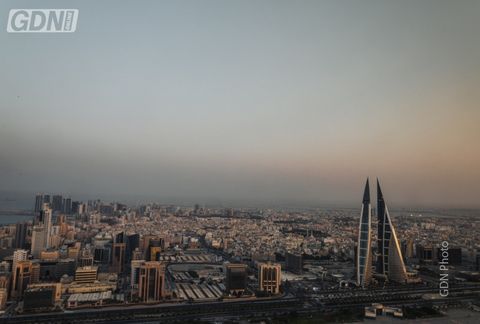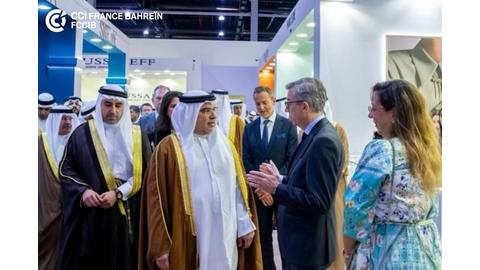‘Bahrain to drive reform backed by high oil prices’

The current oil price outlook provides Bahrain an opportunity to proceed with ambitious reforms to put the national debt on a firm downward path, the IMF has said.
In a statement after it concluded its annual Article IV consultations with the kingdom’s authorities, the international financial institution urged the country to take advantage of the favourable macroeconomic and financing conditions in order to achieve a sizeable medium-term fiscal consolidation reducing reliance on oil revenue.
A stronger fiscal position would also promote the growth of foreign exchange reserves to continue supporting the exchange rate peg, which remains an appropriate monetary anchor, the IMF added.
The IMF mission to Bahrain was led by the institution’s deputy division chief Asmaa El Ganainy, who noted that the authorities are strongly committed to their reform agenda outlined in the Economic Recovery Plan and the revised Fiscal Balance Programme, including ambitious reforms to reduce the fiscal deficit and public debt.
With the economic recovery and higher oil prices, the state budget deficit narrowed to -6.8pc of GDP in 2021, while the overall fiscal deficit narrowed to -11.1pc of GDP, from -17.9pc of GDP in 2020.
Government debt declined slightly to 129pc of GDP in 2021 from 130pc of GDP in 2020.
The current account improved markedly and posted a surplus of 6.7pc of GDP in 2021, after a deficit of -9.3pc of GDP in 2020.
Homing in on the banking sector, which accounts for around 18pc of the kingdom’s non-oil GDP, Ms El Ganainy said some vulnerabilities in the sector might have been masked by the financial sector support package launched to cushion the impact of the pandemic on the real economy.
“Phasing out financial sector pandemic support measures would contain the buildup of vulnerabilities and reduce financial stability risks,” she advised, while calling for continued support of fintech and digitalisation as it could provide a source of growth that needs to be balanced against possible risks.
The IMF also welcomed the revamped strategy to address labour market challenges, as detailed in the recently introduced National Employment Programme.
“Targeted labour market policies would help the recovery and provide employment opportunities for Bahrainis. Continuing to address skills mismatches and boosting labour market mobility could improve productivity. Finally, incentivising access to finance for women entrepreneurs and promoting the use of digital solutions to boost work flexibility could further improve women’s labour force participation,” Ms El Ganainy concluded.


